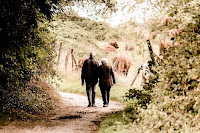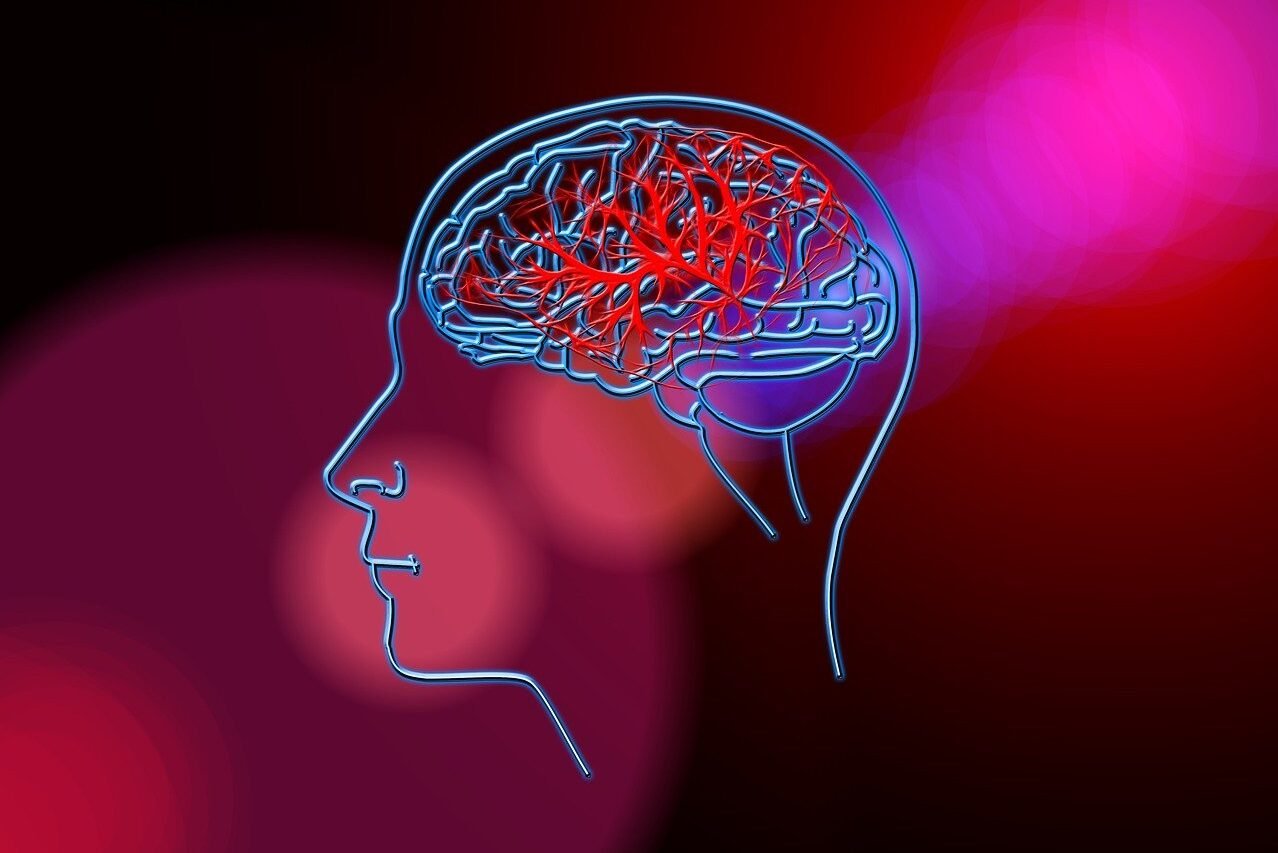
The “Reality of Caring” Report
VIDEO + ARTICLE + FREE REPORT: Read the latest report from HQO called, “The Reality of Caring”. It examines the growth of caregiver distress experienced

VIDEO + ARTICLE + FREE REPORT: Read the latest report from HQO called, “The Reality of Caring”. It examines the growth of caregiver distress experienced

The New England Journal of Medicine reports the PERCENTAGE of people with Alzheimer’s is going down. That’s good news for individuals. Ironically, better health means
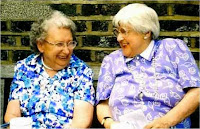
Bupa’s new study helps healthy adults realize how prevalent and frustrating, memory loss can be. Play their new, free online “Memory Game”.
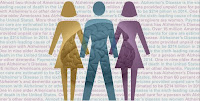
VIDEO+ARTICLE 5 million Americans are living with Alzheimer’s. More than triple that amount are caregivers. Check out the statistics & learn the facts. Help wipe
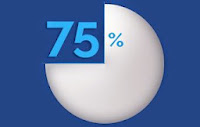
Women, even more than men, desire to know whether they have a brain disorder like Alzheimer’s. The majority of people surveyed in 10 countries said

VIDEO & IN-DEPTH ARTICLE Good news from England: “Dementia rates fall as public health improves.” Learn about Cambridge University’s authoritative study based on 20 years

VIDEO & ARTICLE – ALZHEIMER’S INTERNATIONAL CONFERENCE: While the sheer number of people with Alzheimer’s continues to rise with the growing population of American elders,

VIDEO Dr. Rudy Tanzi, Harvard’s top Alzheimer’s expert, explores where we are and what we can do about Alzheimer’s.

Alzheimer’s is the most common type of dementia, but there are many others. Should Gulf War Illness, which effects over 250,000 troops deployed in the

VIDEO The world’s leading nations have joined forces and set an ambitious target of curing dementia by 2025. See what happened at the International G8

New early-onset Alzheimer’s data show that lecanemab can slow functional decline—even while tau continues to spread in the brain. The research helps explain how amyloid-lowering treatments may still preserve daily life, despite the disease’s complexity.

A deep promise to be there for an Alzheimer’s parent, this heartwarming song was written as a tribute to families facing dementia.

Amyloid is one of the leading culprits behind Alzheimer’s. Scientists know it damages memory by killing brain cells. Now research reveals how amyloid triggers memory loss in perfectly healthy brain cells as well. Learn more about how Alzheimer’s develops.
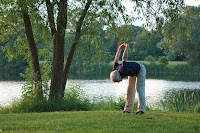
Did you know? Intellectual abilities are increased in the brain by an average 300% in most people ages 60-80.

Too much sleep and too little sleep can contribute to cognitive decline, researchers report. Learn more.
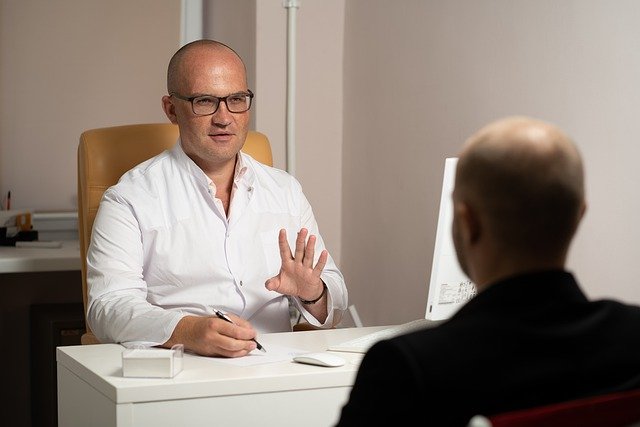
People with dementia who were consistently seen by the same General Practitioner (GP) are given fewer medicines and are less likely to be given medicines that can cause problems, according to researchers at University of Exeter. Learn more.

A deep promise to be there for an Alzheimer’s parent, this heartwarming song was written as a tribute to families facing dementia.
No spam, only news and updates.
